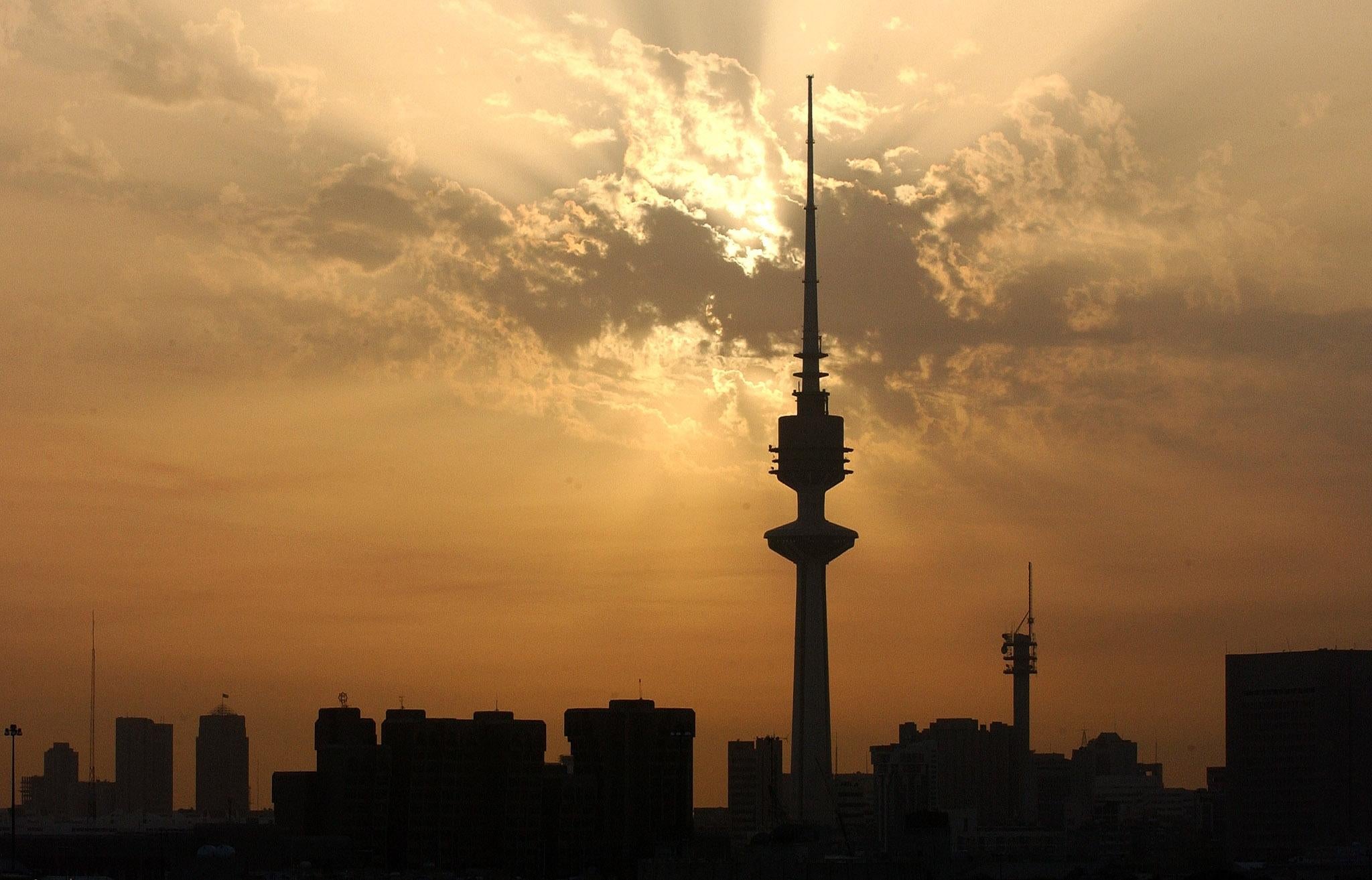Kuwaiti hospital ‘will refuse to treat migrant labourers’
First new public hospital in more than three decades will not treat Gulf state’s huge foreign-born worker population in latest step targeting foreigners

Your support helps us to tell the story
From reproductive rights to climate change to Big Tech, The Independent is on the ground when the story is developing. Whether it's investigating the financials of Elon Musk's pro-Trump PAC or producing our latest documentary, 'The A Word', which shines a light on the American women fighting for reproductive rights, we know how important it is to parse out the facts from the messaging.
At such a critical moment in US history, we need reporters on the ground. Your donation allows us to keep sending journalists to speak to both sides of the story.
The Independent is trusted by Americans across the entire political spectrum. And unlike many other quality news outlets, we choose not to lock Americans out of our reporting and analysis with paywalls. We believe quality journalism should be available to everyone, paid for by those who can afford it.
Your support makes all the difference.A new hospital in Kuwait will only treat citizens and not foreigners, officials have confirmed, in what has widely been seen as a discriminatory measure against the Gulf state’s millions of low-paid manual migrant workers.
The new 304 million dinar (£802 million) Jaber Hospital, 20 minutes’ drive away from downtown Kuwait City, is the first public hospital to be built in country where public services are under pressure since 1984.
Healthcare is free in Kuwait, although most Westerners resident in the country opt for private providers. The vast majority of foreigners - mainly from other Arab or Asian countries - use the public service for heavily subsidised fees. Employers generally pay an annual health insurance fee of 50 dinars (£129) per worker per year.
Around 70 per cent of Kuwait’s total population - 2.9 million of 4.2 million people - is thought to be foreign born.
“[Migrant labourers] were granted their workers’ visa. They deserve to be treated with dignity,” Dr. Yousef al-Muhanna, a 34-year old general surgeon, told the Associated Press.
The discrimination goes against the Hippocratic Oath, he went on. “We are not supposed to look at their passports – we are supposed to deal with their medical conditions,” the doctor added.
In 2016 it was reported that hospitals and clinics in Jahra and Kuwait City had banned foreigners from using non-emergency services.
The health care moves are just the latest in a string of government-sanctioned steps designed to prioritise the rights and well-being of Kuwaiti citizens at the expense of foreign-born residents of the country.
Last April Kuwait’s parliament passed legislation increasing the price of electricity and water in all residential buildings which did not apply to Kuwaiti nationals.
Discriminatory measures such as mass deportations without hearings or trials beforehand are common. In April 2013, Thekra al-Rashidi, the then labour minister, announced plans to deport around 100,000 expatriates each year for the next decade in order to reduce the number of foreigners living in the emirate by one million.
Other recent changes to the law mean that foreign workers must meet a monthly salary requirement in order to stay in the country, and be resident for two years before being able to get a driving licence.
Foreigners are increasingly blamed for Kuwait’s social ills as a way to deflect blame from the authorities, said Hind Francis, an analyst at the Rai Institute think tank.
“Many big problems that concern the public are blamed on the expatriates: congested roads, overcrowded hospitals, many areas in which public policy has failed,” she said.
Join our commenting forum
Join thought-provoking conversations, follow other Independent readers and see their replies
Comments